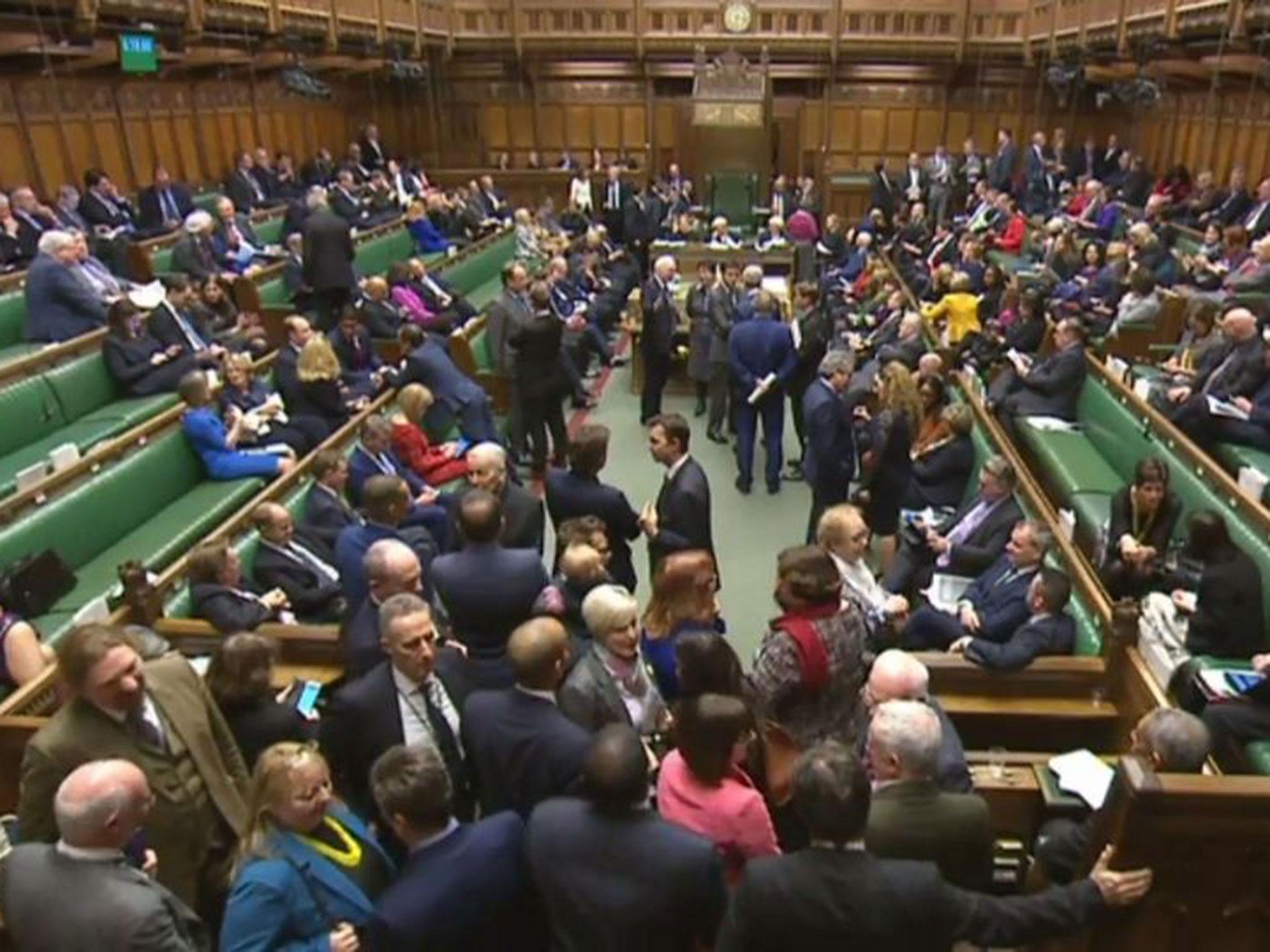Irish Taoiseach Leo Varadkar urges Sinn Fein to take Westminster seats to 'make things better for Ireland' over Brexit
Republicans have power to defeat Theresa May’s plans to pull Britain out of the EU’s customs union, party is told

The Irish Prime Minister has taken the extraordinary step of urging Sinn Fein to end its 100-year-old boycott of Westminster, to thwart a hard Brexit.
The Republican party has always refused to take its seats and vote in Parliament because it will not swear allegiance to the Queen or recognise the legitimacy of Britain’s rule over Northern Ireland.
But Leo Varadkar said Sinn Fein had the chance to “make things better for Ireland”, by helping to defeat Theresa May’s plans to pull Britain out of the EU’s customs union.
“I do think it is important that people who do have influence, people who could attend, bear in mind the effect that they could have,” Mr Varadkar said.
“It is often the case, historically, that Irish MPs elected in the House of Commons find that their votes don’t matter, but if you look back historically there actually were periods when they held the balance of power and were really able to make things better for Ireland.
“I would hope that those who could cast their votes will bear that in mind.”
His comments were backed by Brendan Howlin, leader of the opposition Labour Party, who said it was time for Sinn Fein to “step up to the plate and defend the interests of the island of Ireland”.
He said Labour’s likely support for amendments tabled by Tory Brexit dissenters, to force the Government to negotiate a customs union with the EU, was “a potential game changer for Ireland”.
Sinn Fein currently has six MPs – a figure likely to revert to seven, after a looming by-election – who have the right to vote in the House of Commons.
If they were to take their seats, Ms May’s working majority would be cut from 13 to six, even with the support of the Democratic Unionist Party (DUP).
In those circumstances the Government would almost certainly find it impossible to overturn rebel Tory amendments designed to commit the UK to remaining in a customs union.
Sinn Fein’s votes would also be vital when Parliament stages its “meaningful vote”, at the end of the year, on whether to ratify any eventual deal with the EU.
But the party said that its policy had not changed and it would not consider ending the boycott because of Brexit votes.
A spokesman said: “This is not even a topic of discussion within the party. We are an abstentionist party, and we are mandated to abstain from Westminster by the people who vote for us.”
Meanwhile, Mr Varadkar said he was satisfied the legal text for the December “divorce deal” between the UK and the EU, being drawn up by Brussels, would ensure no hard border on the island of Ireland.
But he added: "We cannot automatically assume it will be acceptable to the United Kingdom, or acceptable to all the parties in Northern Ireland, so we could have an interesting few weeks ahead of us.”
The EU will publish the document on Wednesday, with the requirement that it should become legal by October this year - providing another flashpoint in the ongoing Brexit negotiations.
Join our commenting forum
Join thought-provoking conversations, follow other Independent readers and see their replies
Comments
Bookmark popover
Removed from bookmarks